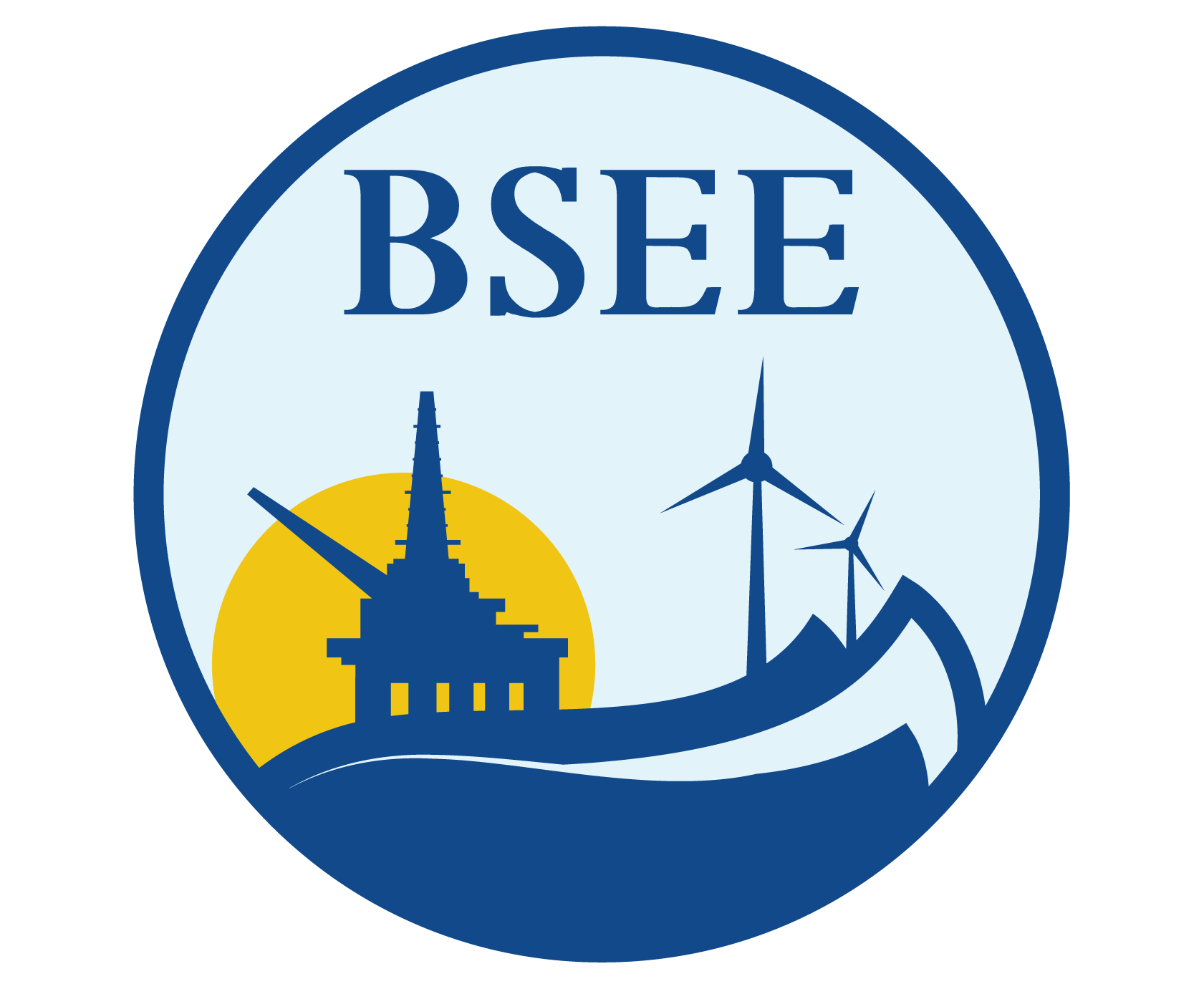International Workshop on Pile Foundation
The workshop explored the current state-of- the-knowledge concerning the effects of pile driving on adjacent soil properties and determined areas where more research may be required. It is recognized that the properties of soils are sometimes changed by the installation of piles and that time- dependent effects are often part of these changes. The workshop sought to develop avenues of research to lead to the prediction of soil modification by pile driving so that altered properties can be considered in design of pile foundations.
